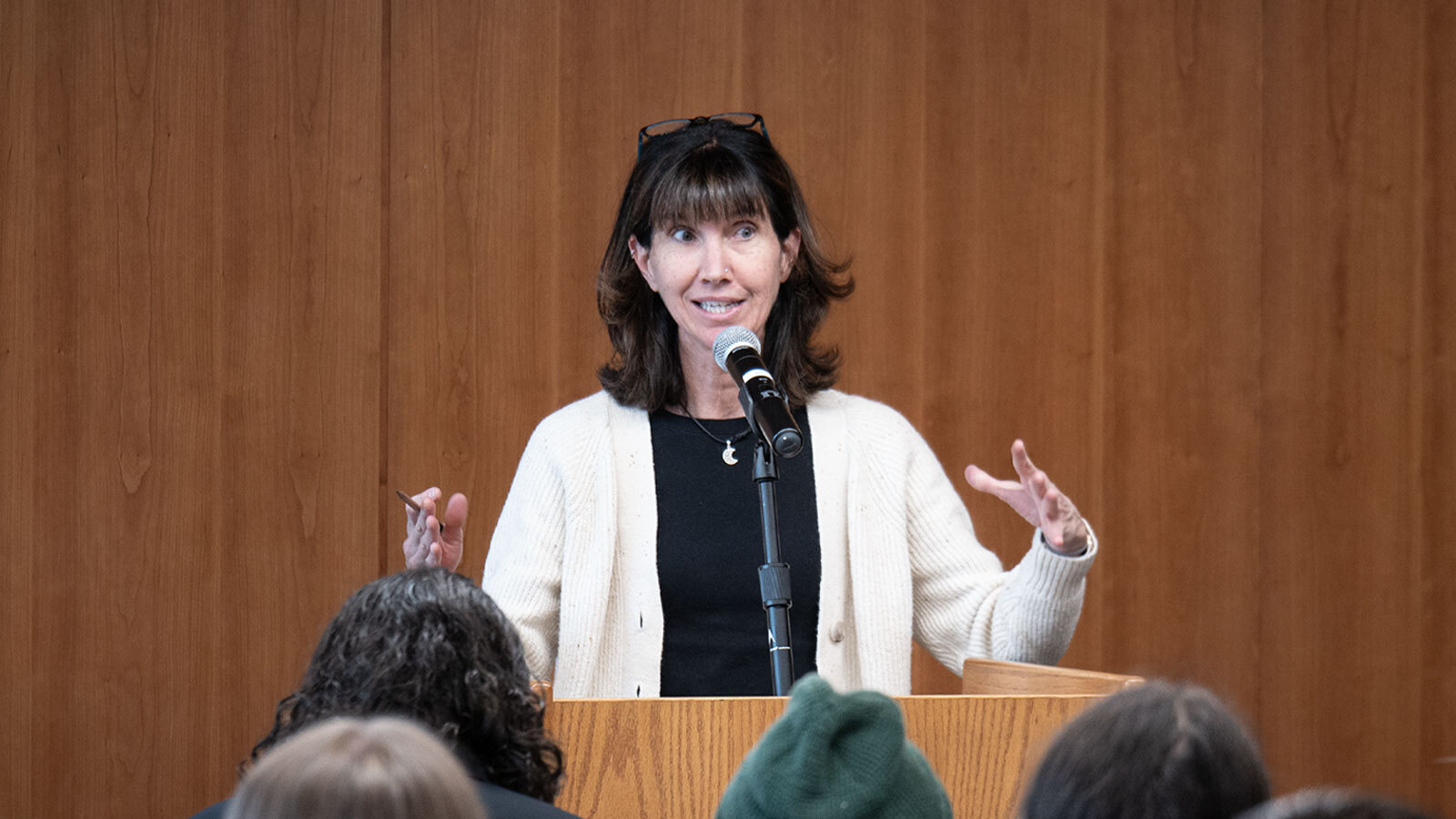Sage advice from an alumnus: A column by Greg Waddoups
By Greg Waddoups
Liberal Arts, 1991
Over the course of my 20-plus-year career, I’ve developed some guidelines that I use when working through challenges and changes. Recently, I shared them with some CHaSS students in hope of providing some assistance as they thing about their careers.
1. Learn from failure . . . quickly
Everyone who tries to excel and accomplish something — especially something uncomfortable, hard or complex — will be met with limitations and failures. Each person has the choice whether those limitations and failures will serve as springboards to improvement or present an impenetrable wall. Each idea and action will be (and should be) challenged. You can decide whether that challenge refines or destroys.
Ask yourself, how can I leverage this failure or limitation to meet my objective and what can I learn? Often, the difference between success and failure is quickly transitioning from the challenge to learning and from learning to solving. The faster the transition, the quicker the improvement.
2. Don’t look for a job, find the best opportunity
When planning and thinking about your work life, are you looking for a job or for the best opportunity? Are you looking for a position or a career? Money or experience? I’ve found that I have the best result if I look for the opportunity that allows me to work with good people I can learn from, gain unique and valuable experience, assist in solving hard problems and make a difference toward a greater good.
3. Embrace ambiguity
The key to success is often shown as having a specific and measurable 5- or 10-year plan dictating achievements and outcomes. However, I’ve reached my best results by having a general idea of what I want to achieve, taking advantage of opportunities and working hard.
Your career isn’t a forced march into the future where you mark achievement by the miles traveled, but is the space where you move from one point to another while keeping your eye on your ultimate objective. Generally, you can see the next point on the path, but not where you’ll end up.
This doesn’t mean you will achieve your goals by wandering with no purpose. It means being comfortable living with broad objectives that you can meet in a variety of ways depending on what opportunities arise. Even at this point in my career, if you ask me where I’ll be in two years, I’d say “I don’t know,” because I’ll continue taking the opportunities that give me the best chance to work with good people and learn and grow personally and in my profession.
4. Everyone salutes someone
You undoubtedly will experience both great bosses and terrible bosses. In thinking about how to bring the most value to your opportunities, remember that everyone (even your boss) has someone they answer to. Here are some ideas for how to best support that person.
- Anticipate. Use research and experience to anticipate the challenges and questions your boss will have and use that to refine your recommendations.
- Bring solutions. Bring analysis and recommendations to your boss rather than problems. If your recommendation isn’t initially accepted, ask why not and talk about the basis for your recommendation. If your recommendation isn’t ultimately adopted, learn and move on. This give-and-take is how you can take advantage of your boss’s experience.
- Be clear and seek clarity. Ask your boss how she or he prefers to communicate and discuss how you like to receive communication. If you aren’t sure about a request or assignment, it’s your responsibility to make it clear.
- Be safe hands. Trust is vital and you build trust by meeting your commitments, communicating clearly, and knowing both the details (the trees) and seeing the trends and themes (the forest).
- No surprises. Bad news doesn’t get better with age. If you have bad news, let your boss know as soon as you can. And, never surprise your boss in front of their boss.
- Embrace your role. The best way to get work of increasing difficulty and complexity is to excel with the work you’re doing now -- even if that work is neither interesting nor difficult.
- Solve the problem. It’s easier to be a doubter than a do-er. Almost everyone can spot the issues. More rare and valuable are people who can spot the issues and find a solution.
- Listen. Listen, learn, think, do. Repeat.
- Be you. There are many ways to be successful. You’ll be happiest if you find success in a way that is natural to you.
5. Serve
Find a way to cultivate an unselfish passion where you can serve and make a difference. This provides both a sense of joy and the opportunity to learn from others. You will also meet dedicated people with different backgrounds who will enrich your life.
Learning broadly
So, how did my liberal arts degree give me the foundation for my career and profession? It provided me a broad-based education and the ability to gather and evaluate data, reach and test conclusions, work with others to determine the best solution, and communicate those conclusions. This background, together with other leadership experiences I had at Utah State, gave me the confidence and ground work to pursue and achieve my objectives.

Greg Waddoups, a 1991 graduate in Liberal Art, is senior counsel (international) for Raytheon Company, overseeing the company’s legal activities in several Middle Eastern countries. He served as an active-duty military officer and as a practicing attorney. In his free time, he likes spending time with his wife, Annie, and three kids, traveling, hiking, camping, running obstacle course races and playing the bass.




